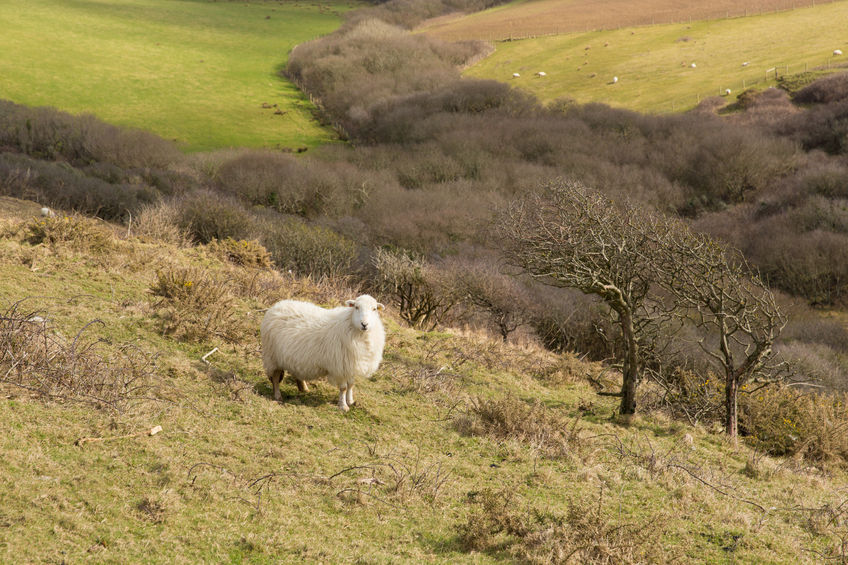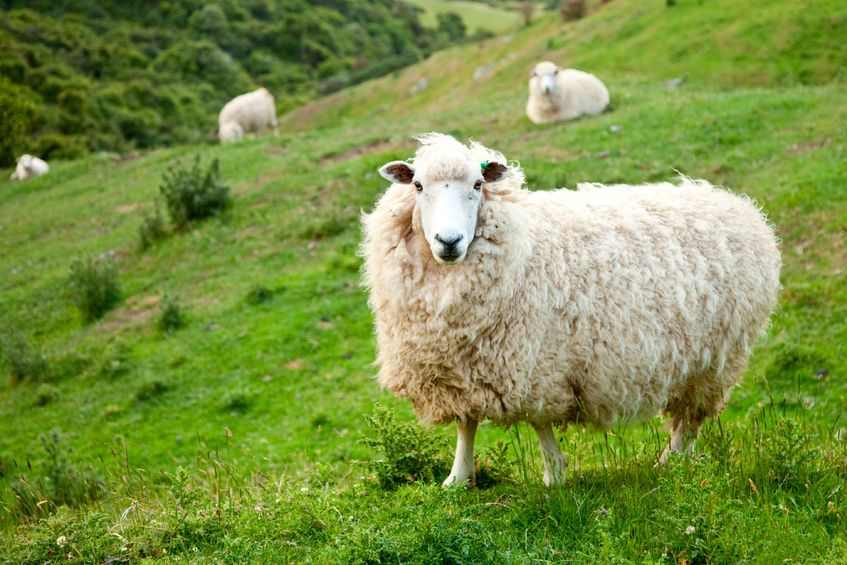
British sheep farmers could find themselves at a huge competitive disadvantage if the EU implements increased CAP support for livestock farmers when the UK is withdrawing from the union.
Speaking as a report was released by the European Commission which sets out a 13-point plan to help sheep farmers throughout the union, Joanne Briggs, National Sheep Association officer for England said payments coupled to livestock numbers is 'not something the UK government had an appetite for.'
"Even before the EU referendum result, many UK livestock farmers had reservations. But if this is taken up across Europe at a time when out government is looking to replace existing agricultural support with a post-Brexit successor, we could find ourselves at a huge competitive disadvantage in the future," she said.
Phil Hogan, European Commissioner for Agriculture and Rural Development, instigated the formation of the sheep meat forum in response to the fragility of the sheep sector across Europe.
He tasked the group, which involved representatives of EU member states, to consider the factors of falling sheep numbers and declining sheep meat consumption and how this jeopardises the many public goods delivered by sheep farming businesses.
Huge potential

As part of the European Sheep Meat Forum – a collection of cross-industry experts - NFU Cymru Deputy President, John Davies and colleagues have identified thirteen areas for action in the sheep meat sector.
A key priority for Mr Davies is to ensure greater market transparency through price reporting based on standard dressing specification.
Mr Davies and his colleagues also called on the Commission to recognise the contribution made to the wider economy, particularly in upland areas, by the sheep sector.
Mr Davies said: "The sheep sector has huge potential; but the report recommends that the sector is protected from distorting trade imports and existing tariff rate quotas should not be extended. Europe has 900,000 sheep producers, creating an industry worth €5.5billion."
Joanne Briggs, NSA Policy Officer for England, attended the four meetings in Brussels, she said about the report: "The concise report, incorporating submissions from forum representatives including NSA, UK levy bodies and UK farming unions, was pulled together by an Irish team handpicked by Commissioner Hogan. It makes around 20 sound recommendations and highlights two in particular."
"NSA is very supportive of the recommendation to increase promotion of lamb within the EU to curb decline in consumption.
"The UK is the biggest producer of lamb in Europe and a global exporter and, as such, would like to see more people enjoy lamb and appreciate how consumption is beneficial for human health and allows sheep farmers to deliver a whole range of additional public goods in rural areas. Generic campaigns such as ‘Lamb: Tasty, Easy, Fun’ have been instrumental in promoting an ‘eat the landscape’ message and we need more of this.
"NSA believes the UK Government should be aware of the EU report, not least because its very existence is a result of pan-EU concern about the fragility of the sheep sector and sensitivity of lamb as a product. This is as true in the UK as it is anywhere else in Europe.
"NSA will be highlighting the report recommendations that are pertinent to the UK, but we also need to be aware of the recommendations that look likely to be taken up by other EU member states and could therefore affect sheep farmers here," Miss Briggs concluded.
